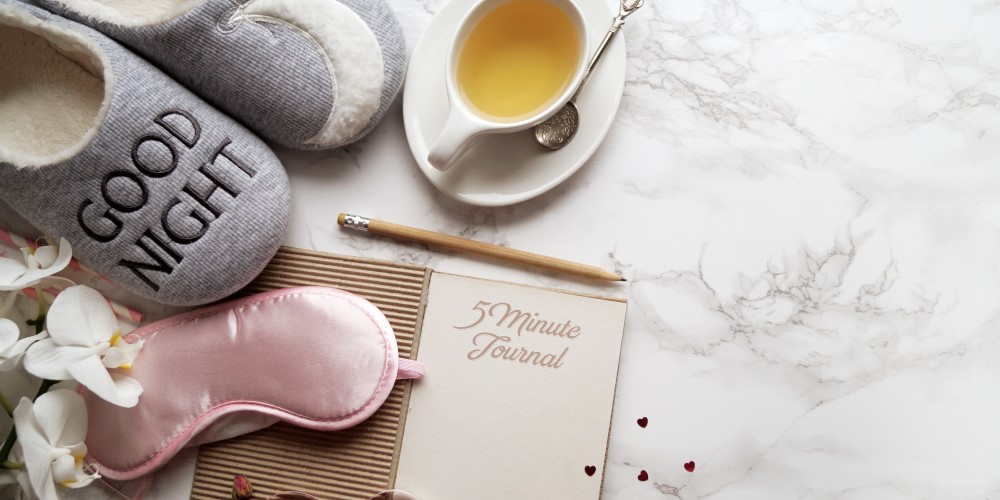
I’ve always loved the expression,
“Let her sleep, for when she wakes, she will move mountains.”
It’s recommended that one-third of our lives be spent sleeping. After all, we’ve got lots of mountains to move if we’re going to make ourselves and our world better.
So with that in mind, how about a little pillow talk.
Ironically, as I write this today, I am feeling a little low in my ‘vitamin Zs.’ My husband woke me up last night when he came to bed. Our Blue Jays had just signed George Springer, one of the best leadoff hitters in Major League Baseball. Anyone who knows me, well, knows I loooove baseball and will follow our Jays through thick and thin.
So, there I was, now super-excited and wide awake. I even started thinking about our new line-up: Will Vladdy Jr actually play third base after how bad he played that position over the winter in the Dominican Republic? Oh no, I hope they don’t trade Gurriel or Teoscar! And so on and so on. Thanks, babe! At least it was good news that activated my brain.
We have all been there and will face sleep deprivation again from time to time. And during these challenging, anxiety-packed times, we want to make sure we cross all out T’s and dot our I’s when it comes to tending to our own self-care. Sleep deprivation is our kryptonite—take it away and all our super food powers go out the window.
Before I share with you my top secret (normally) for drifting off into la la land, I want to paint a clear picture of how vital sleep is for our health.
Let’s start with the gut. Our gut is actually considered our second brain. The term “brain fog,” in fact, can be one of the influences poor gut health can have on our brains. Also, 95% of our serotonin levels are created in the gut by bacteria which both effect mood and gastrointestinal activity. Consider that we have trillions of bacteria, viruses and fungi that live both in us and on us. They are known as our microbiome.
When we’re healthy, they live in harmony and are able to diversify and flourish. And the greater the diversity, the more the good guys keep the unruly dudes at check—like bouncers in the bar. It’s crazy when you think about it: There are more bacteria than human cells in your body! And they really are like our body’s gardeners and guards. So we need to take care of them, because their health decides how well we thrive or how we experience disease. And they need our body to sleep soundly so that all the necessary repairs, rebuilding and detoxification can take place.
Unfortunately, many of us struggle with not getting enough sleep—especially deep sleep—on a consistent basis, and don’t wake up feeling rested at all.
Here’s just a handful of the things sleep deprivation does to the body:
- Suppresses immunity that results in frequent illnesses and a weakened immune system
- Increases blood pressure, or can lead to very low blood pressure
- Causes blood sugar imbalances/ increased risk of diabetes
- Increased risk of heart disease
- Inflammation
- Decreases healthy gut bacteria
- Low sex drive
- Poor balance which can lead to more accidents
- Causes imbalanced hormones, digestive issues, bloating, weight gain and premature aging
And then there are the effects on your mental health, which can include poor cognitive function, as well as mood swings and irritability. It has also been linked with other mental health conditions like bipolar disorder and Post-Traumatic Stress (PTSD)
So how do you increase deep sleep naturally? Here’s my checklist:
- Make sleep a priority.
- Manage stress (I personally love a free app called Insight Timer!!)
- Create good sleep hygiene habits/nighttime rituals that work for you.
- Practice “social media cleansing” at least 1 hour before bed.
- Eat cleaner!
- Avoid late-afternoon stimulants like caffeinated drinks.
- Daily movement (exercise, walks, etc.).
- Get plenty of natural light during the day, which could include nature walks.
- Go to bed at a set time and wake up at the same time as much as possible to help reset your circadian rhythm (our internal clock that dictates when we wake up and when we sleep).
- Avoid heavy exercising after 5 pm and eating with in 2 hours of bedtime. (A light yoga flow/nighttime stretching is nice to help unwind.)
- Avoid bright and blue lights 1 hour before bedtime.
- Sleep in a dark space (light tricks the body into thinking it is time to be awake, which can mess with our internal clock that helps to regulate our sleep and levels of melatonin (a necessary hormone that helps us sleep).
- Develop a relaxing routine before bed (it could be anything from breathing exercises to having a nice cup of herbal tea such as chamomile or lavender.)
On average, adults need between 7-9 hours of sleep, including 1-2 hours of really deep sleep.
And what’s my secret to better sleep and more vitamin Zs? Sleep on it! 🙂
So don’t forget: Sweet dreams are made of Zzzzz…..
